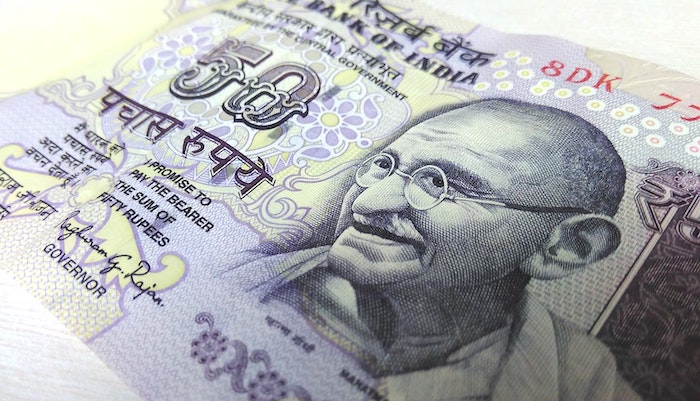The past few months have proved to be challenging times for most of the emerging currencies, thanks to a combination of a strong dollar, high oil price and political uncertainties on the global stage.
India has felt this effect even more strongly than the rest, and in October, the INR/USD dropped to a record low, breaching the 74

US / China relations a false dawn for India
The news that the trade war between China and the US is, if not thawing, atleast entering a period of uneasy truce, had a positive effect on many of theAsian currencies. However, the top Forex brokers were all reporting India to be the exception that proves the rule.
The rupee has already had a harder time than most this year, seeing an overall drop of ten percent against the dollar since the beginning of 2018. Far from strengthening, it weakened by a further percentage point in a single day on the first Monday of December, going from a four-month high of 69.58 on
Tracking with the oil prices
The value of the rupee has always tracked closely with the price of crude oil, due to the nation’s heavy reliance on imported oil and gas. As the price of oil shot up to a four-year high in September, so the rupee scraped new records of its own. As the price ofBrent crude hit a downward trajectory, so signs of recovery appeared for therupee.
However, while the peaks and troughsof the oil price are certainly an important factor, India is far from being the only economy where this kind of correlation exists. Clearly, there is more at play here, and there are other factors that mean the nation will potentially face even more turbulent times ahead.
Growing deficit
India is faced with a current account deficit that some commentators fear is spiralling out of control. This is, in itself, exacerbated by the increased cost of oil imports and is providing a further weakening effect on the rupee. The government announced a range of measures over the course of the year, but there is widespread cynicism among both economists and the general public that these will have any meaningful effect. The question of what to do about India’s economy is rapidly becoming as much apolitical as an economic one.
Elections in 2019
With local elections taking place across five states right now and a general election scheduled for May 2019, the importance of party politics in influencing the fortunes of the rupee over the months ahead must not be underestimated. Prakash Sakpal is an Asia economist at ING Bank. He feels that politics will “decide the course” for India’s currency in 2019. Sakpal suggests that the financial decisions of the past two years, such as the chaos surrounding 2016’s demonetization and the Goods and ServicesTax brought in last year will come back to haunt Prime Minister Narendra Modi. These were internal financial decisions that had a direct impact on the lives of millions of Indians. The indications are that Modi will struggle to retain power, and if he does, it will be with a far more slender majority.
The outcome of the May election, then, is likely to play a significant role in dictating whether the rupee enjoys some degree of recovery in the latter part of next year, or continues its inexorable decline.
What do the experts say?
The other problem with a generalelection is that when it is looming on the horizon, it tends to send a nation’seconomy into a state of suspended animation. In other words, few economists have anything to say about how the economy will behave over the next six months, and all have their eyes firmly fixated on May of next year.
As if to prove the point, 40 Indian strategists were asked to give their opinion on how the rupee would look after the election. The consensus was that the rupee would see another drop to around 72.00. This prediction falls in line with a similar survey among equity strategists, who recently downgraded the outlook for key Indian equities over the course of next year. There is, however, a consensus that while there are still challenges ahead, the worst might be in the past. Only 14 percent of respondents believe that the rupee will go below the 74.48 of September 2018, compared with around 50 percent the last time a similar poll was conducted.
Disclosure: We might earn commission from qualifying purchases. The commission help keep the rest of my content free, so thank you!



